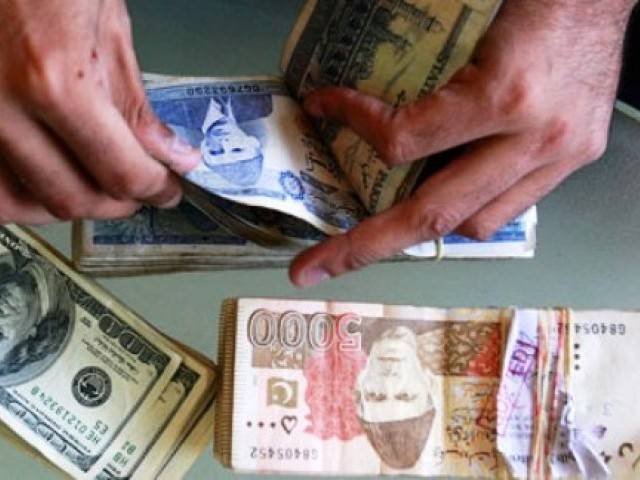
An industry hoodwinking the academia
As colleges, varsities go online, businesses tout assignment-writing services for as low as a rupee per word
Ali Hussain, a Karachi-based freelance writer usually earns up to Rs200,000 a month, an income typical of a senior level executive of a private company. His clients are distressed university students looking to outsource research papers, essays and dissertations, often at the eleventh hour.
Disguised under the name of academic writing, contract-cheating is a billion-dollar, internet-backed, worldwide industry designed to throw dust in the academia’s eyes. In recent years, Pakistan too has become a potential hotbed for this booming business, featuring hundreds of online companies touting some of the lowest per-word rates around the world.
“Writing rates can vary from $2 to $20 per page, depending on the nature, urgency and length of the assignment. However, foreign university students are usually willing to pay much more than local students for the same task,” said Sania Jalil, a journalist who often dabbles in the industry for an extra income.
Colleges and universities shifting online during the Covid-19 pandemic has created a huge market for contract-cheating. Where previously the industry would get the majority of its clients near finals’ week, the market has been reportedly brimming with business ever since the March lockdown.
According to Fahad, a student of social sciences at a private institution, his university has significantly increased the volume of work being assigned to students during online classes.
“Professors think we have a lot more time now that we are at home and some are quite particular about deadlines. So when multiple assignments start piling up, some of us have no option but to look for academic writers willing to write the papers for us,” said Fahad. “I was referred to a Facebook group for academic writers when I was stressing about my midterm. All I had to do was post my details on a group and there were tens of writers willing to help me out in no time,” he added.
For many like Zara Mehdi, a housewife without the resources to work outside home, the contract-cheating industry offers an accessible avenue for making a decent home-based earning. The mother uses the money she earns from writing college papers to supplement her family’s daily expenses, such as grocery and food bills.
As a freelancer, she either receives work directly from her clients, or third-party agents and companies associated with the sector, who seek their own cut.
“There are also a lot of freelance websites and other online platforms where tasks are placed and bids are made for the job. Sometimes even when an assignment may not be too wordy, it can require a lot of background research and mental labour to produce, which is why the details of the job are very important,” Mehdi explained.
Arman Ahmed, a college lecturer who’s also been associated with the industry for nearly a year now, told The Express Tribune that this was the first time that he sat online examinations as a ghost candidate for several students. Arman’s payment depends on the quality of his work and the grades that he’s able to score for each student, once the assessments are graded.
Speaking in this regard, an official from Karachi University’s Quality Enhancement Cell (QEC) revealed that there was no clear mechanism to prevent students from outsourcing their assignments to contract cheaters.
Although computer programs like Turnitin have become a lot smarter over the years and can easily pinpoint plagiarism from an internet’s worth of sources, they are yet not entirely foolproof.
“The Higher Education Commission (HEC) also has very strict rules about cheating and if found guilty, students can risk failing the module or even being expelled from their institution. However, the problem with ghost-written assignments is that there is yet no concrete way of telling them apart,” the official told The Express Tribune, on conditions of anonymity.
*Some names and identifying details have been changed to protect the privacy of individuals interviewed for this story
Published in The Express Tribune, December 8th, 2020.















COMMENTS
Comments are moderated and generally will be posted if they are on-topic and not abusive.
For more information, please see our Comments FAQ